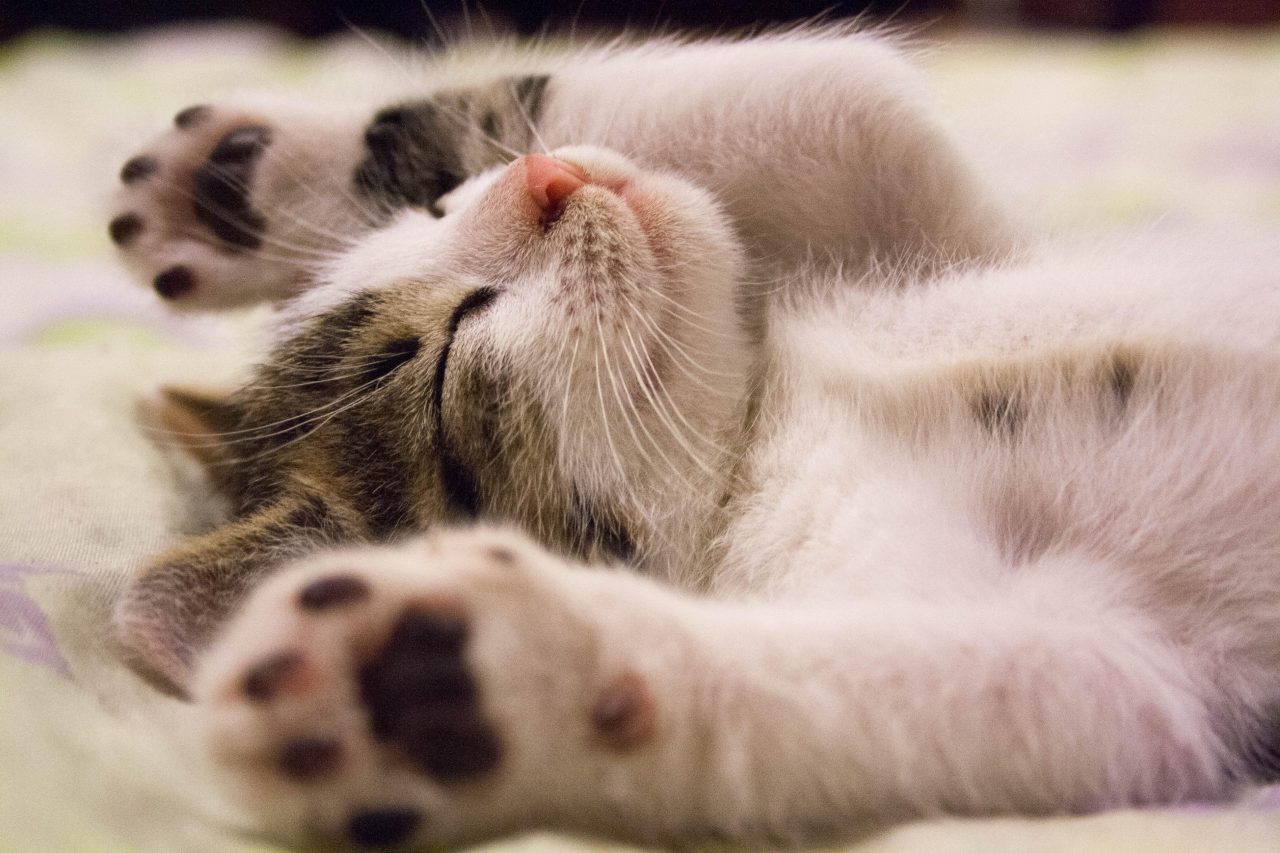When you are sleeping, your brain moves short-term information, such as facts and figures from that class or meeting you had today, into your long-term memory. Getting a good night’s sleep helps you retain information taken in. If you don’t get enough sleep, it is harder to focus and pay attention, negatively impacting your academic or work performance. Lack of sleep can also lead to increased risk of colds and flu, increased mental health issues, increased weight gain, and decreased athletic performance.
So how can you improve your sleep?
- If you are disturbed by loud noises, use earplugs. Foam versions are available at most drugstores.
- Using a fan or white noise machine can also help drown out noises.
- Light tells our bodies it is time to wake up. Purchase light-blocking blinds or curtains to keep your room dark.
- Turn the temperature down in your room between 65-70 degrees Fahrenheit. You may struggle to fall asleep if you are either too cold or too warm.
- Turn off electronics in your room including your phone, computer, and television. If you use your phone as an alarm, place it outside your room so you have to get out of bed to shut off the alarm.
- Get some physical activity every day. This will help you relax and fall asleep more easily.
- Eliminate caffeine and nicotine late in the day. Both are stimulants and will make it harder to fall asleep.
- Try to maintain the same bedtime and wake up times every day, or within one to two hours of your usual time.
- If your mind races while you are trying to fall asleep, keep a notepad near your bed. Jot down the items you are thinking about on the notepad so you can relax.
- Use your bed only for sleeping. Your brain will start to associate your bed with sleeping, making it easier to fall asleep.
What about having a glass of wine or a beer to help you fall asleep? Many people think drinking alcohol improves your sleep, since it may help you fall asleep quickly. Unfortunately, alcohol-aided sleep is poor quality sleep disrupted in the following ways:
- Alcohol decreases the amount of Rapid Eye Movement (REM) sleep, the deep sleep state when we dream. The less REM, the more difficulty you will have concentrating and staying on task the next day.
- Alcohol dilates blood vessels, causing night sweats that make you toss and turn during the night.
- Alcohol is a bladder irritant, so you will feel the need to wake up more frequently to urinate than normal.
- Alcohol can cause snoring or interrupted breathing, even in people without sleep disorders. The interrupted breathing will cause you to wake you up repeatedly during the night, keeping you from getting REM sleep.
If you continue to struggle with sleep after trying these ideas, consider seeing your medical provider to determine if there is an underlying health issue that needs to be addressed.
Check out Health Promotion and Wellness’ Sleep Resources!
Referenced sources:


I found here what i was looking for. I am suffering from sleeping disorders for last 2 years. Thank you so much. Your research is really appreciable. Thank you.